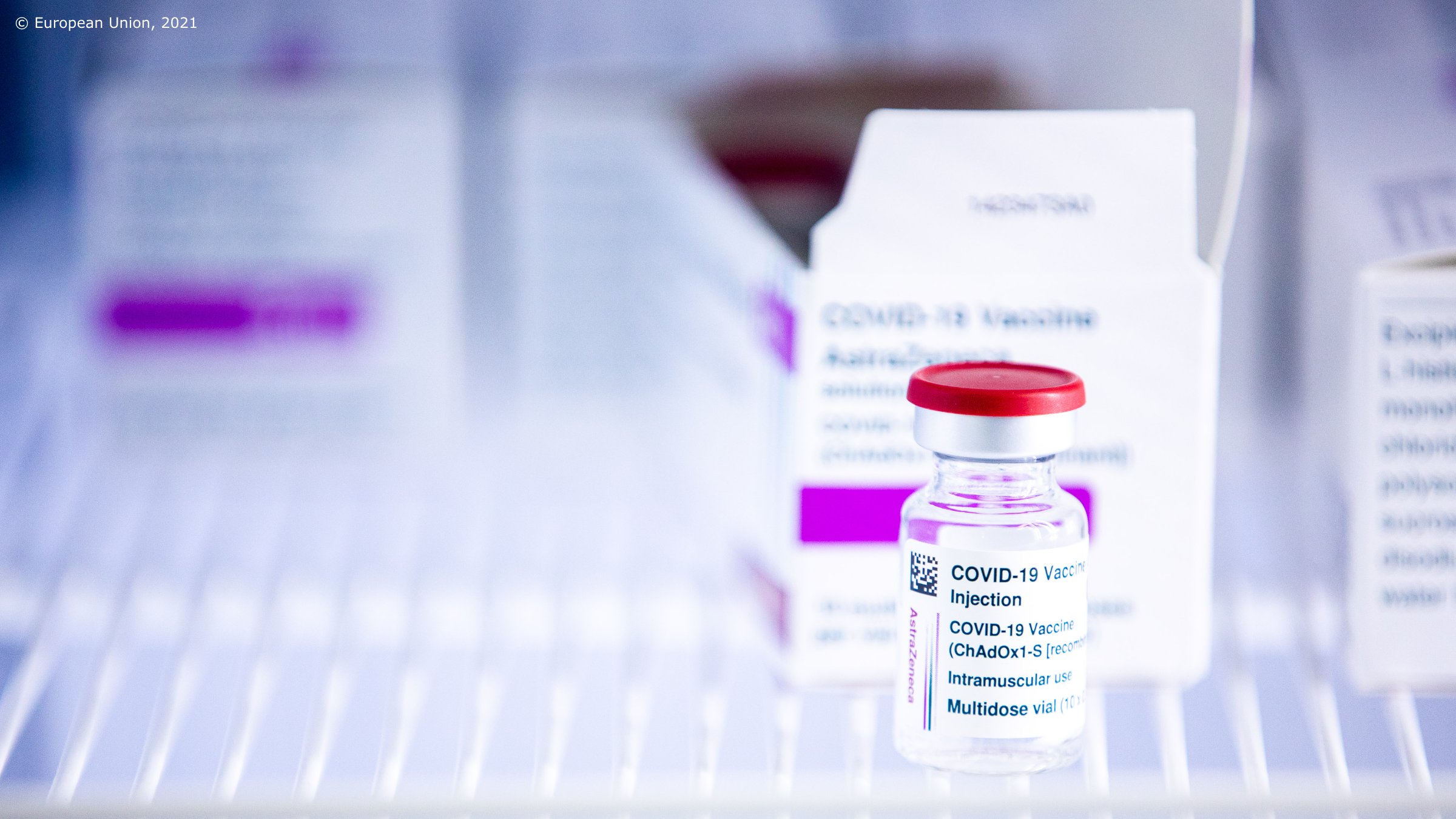COVID-19 vaccines: Urgency for wider global access and market forces ….

By Ano Kuhanathan, PhD, economist, member of the Scientific Council of the Rousseau Institute
and
Nicolas Dufrêne, senior official and director of the Rousseau Institute, France
Why are the EU and its members, who are among the richest nations in the world, lagging behind on vaccination?Let’s take a step back from the vaccine fiasco and look objectively at how European governments and the EU have handled and continue to (mis)handle the issue.
One of the explanations we have heard in recent weeks is that negotiating as a bloc of 27 countries has slowed down discussions with AstraZeneca and caused a delay in the start of the process.
This is only partially true. Indeed, the UK government signed its purchase contract one day after the EU with AstraZeneca in August 2020, but was in fact already three months ahead of the European continent.
The UK was pragmatic while the EU remained procedural.
The British signed a logistical agreement in May 2020, which allowed the government and the company to prepare for manufacturing and the details of storage, delivery of vaccines, etc., before agreeing on prices.
The EU, on the other hand, wanted to sign a purchase contract first and negotiate prices (to obtain the lowest possible prices, while we are repeatedly told that health is the priority and that it will be defended “whatever the cost”).
Lack of pragmatism
A lack of pragmatism that costs us dearly every day at all levels: humanly, socially and economically.
Regardless of what one might think of the economic model across the Channel, current events also point to the blatant lack of a real industrial policy in the EU and its naive belief in the mechanisms of a free market with other participants, collaborative and in good faith.
The British have funded research at Oxford University, just as Germany has supported the BioNTech research effort.
But while the UK has included a national priority clause for all Oxford discoveries, Germany has not seen fit to do so. Worse, while in March 2020 the US attempted to take over BioNTech, neither Germany nor the EU saw fit to act to secure access to the future vaccine for Europeans.
Finally, Germany and the EU had no problem with the German start-up joining forces with US giant Pfizer. The British, on the other hand, forced Oxford to join forces with the Anglo-Swedish AstraZeneca, while Merck, an American laboratory, was being considered for a deal.
The UK was right to fear vaccine nationalism across the Atlantic.
Indeed, as soon as Pfizer sealed its alliance with BioNTech, the Trump administration knew that access to the future vaccine was secure for the US and did not even rush to negotiate a purchase agreement with the laboratory.
Today, thanks to the de facto export ban via the Defense Production Act and Pfizer’s significant domestic production capacity, the US has massive priority access to a vaccine that is partly funded by European taxpayers. Nor will we go back over the failure of Sanofi, which is now forced to accept a simple role as a subcontractor for Pfizer, even though the company has benefited and continues to benefit greatly from public funds for its research and development efforts.
Vaudeville
Europe must and should receive vaccines from AstraZeneca’s British factories.
But because of the priority clause inherited from Oxford, the laboratory is refusing to honor its contract, and we have been witnessing a veritable vaudeville between the European authorities, Boris Johnson’s government and the company.
Threats of sanctions, protectionism, counter-sanctions etc. have been making the headlines for several weeks.
But at present, the EU continues to export vaccines while the UK and the US do not export vaccines.
The EU has exported more than 77 million doses (to the UK, US, Canada, Japan etc.) and the temptation of vaccine nationalism is growing.
Faced with this temptation, the guardians of the temple remind us that we must not break the “global supply chains” by starting trade wars with partners, and we are still in a kind of impasse.
Yet the solution is simple, to avoid conflicts between nations, commercial partners, accelerate production and vaccination campaigns: Make the vaccine a global public good. Buy back the patents from the laboratories since the budgetary and monetary margins exist today, allow the existing production capacities to run at full capacity (they are massively in Asia in particular) so that the world can emerge from this health crisis.
For epidemiological, economic and human reasons, it is important that the sanitary situation be normalized in a synchronous way throughout the world.
This idea is gaining ground in the debate, and its opponents are stirring up well-known arguments such as “this would remove the incentive to do research” or “but who would be held responsible in case of a problem?
But we are dealing with an exceptional situation, the challenge of a generation, and this is truly a historic opportunity to show solidarity between peoples by putting aside, for once, private interests.
It is important that this idea should be debated in society and that we challenge our leaders because at the moment, the US, the UK and the EU in its ideological blindness – more than counterproductive so far – pushed back on this idea at the WHO.
— This is the English version of an article that appeared in liberation.fr: https://bit.ly/3sYaSkc
